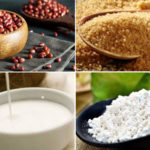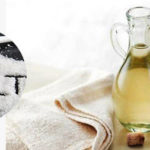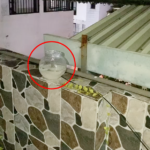Pure Honey
Pure honey has a very high sugar content, which acts as a natural preservative. Its antibacterial properties further enhance its longevity, allowing it to be stored for extended periods without spoilage. Some honeys can even be kept for years or decades and remain edible.
However, older honey tends to darken in color compared to fresher batches. It’s important to distinguish between pure and adulterated honey, as only the former can be safely consumed after long-term storage.
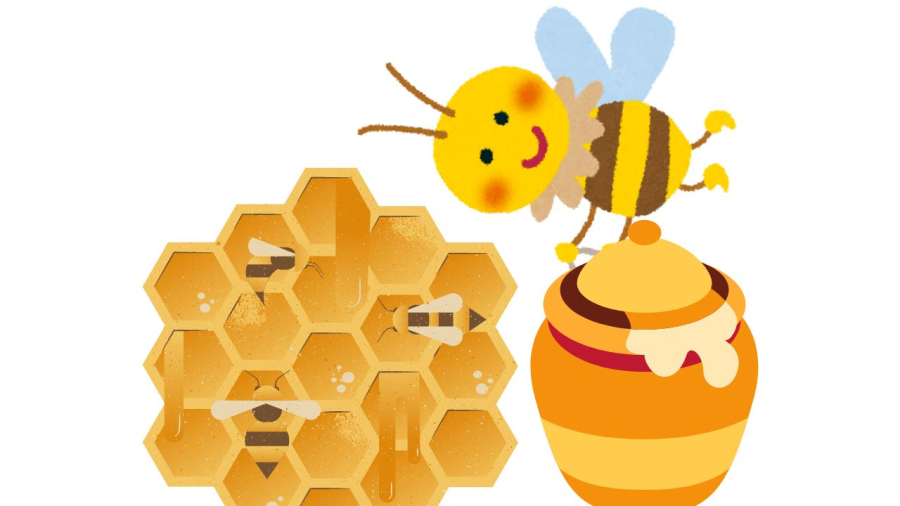
Honey is a natural preservative and can be used to infuse other foods
Dried Beans
Legumes like soybeans, black beans, and mung beans can be stored long-term if properly dried and kept in airtight containers. Adding dried peppercorns helps repel insects. As long as these beans remain mold and pest-free, they can be safely consumed even after extended storage.
Salt
Salt is inherently antimicrobial, which is why it has an indefinite shelf life. However, it’s crucial to store salt carefully to prevent moisture, dust, and absorption of foreign odors.
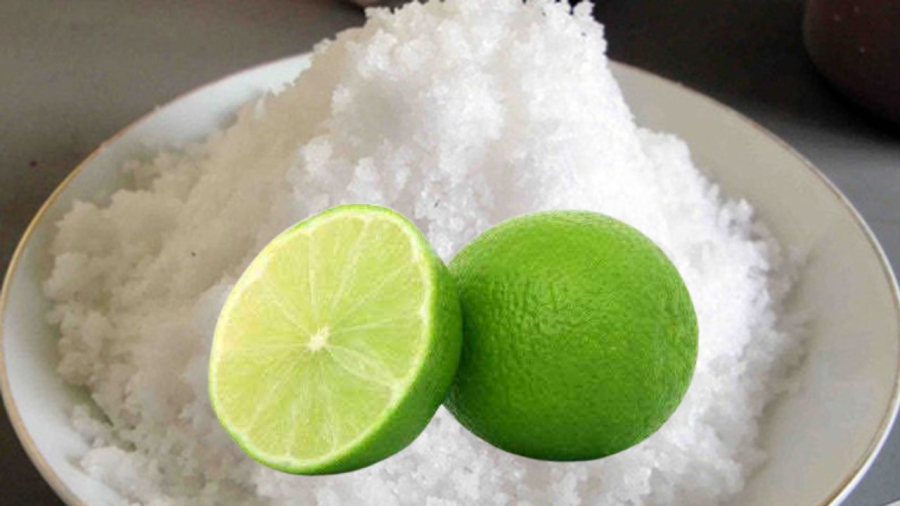
Salt can be kept indefinitely if stored properly
Sugar
Sugar, another natural preservative, is unlikely to spoil unless contaminated by insects or moisture. It also plays a role in food preservation when used in sweet treats.
Rice
Rice can be stored for extended periods if kept free from mold and pests. Ensure it’s stored in a dry, airtight container, and consider adding dried peppercorns as a natural insect repellent. While rice can be stored long-term, it may lose some of its aroma and texture over time due to moisture absorption.
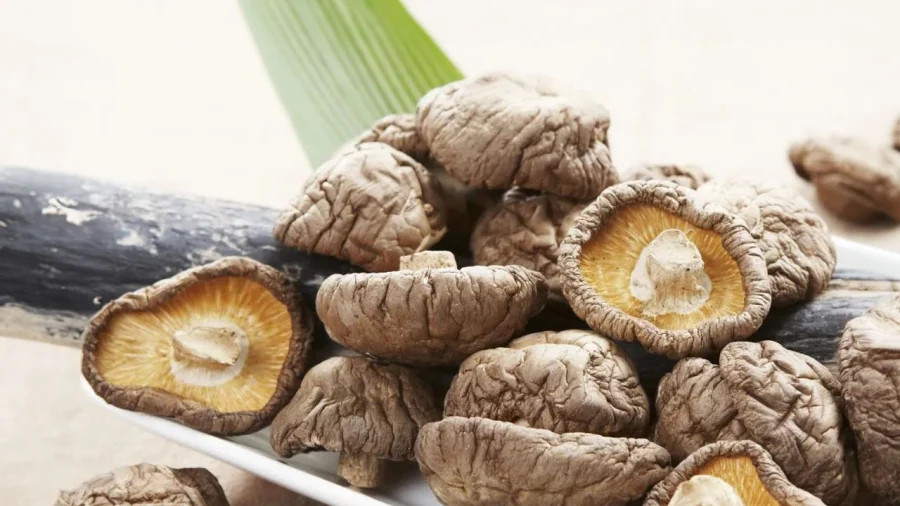
Dried mushrooms retain their flavor and can be stored for a long time
Dried Mushrooms
Dried mushrooms, like the highly prized shiitake variety, can be kept for a very long time. Their flavor becomes more subtle with age, making them a valuable addition to any culinary repertoire.
When using long-stored foods, always check for any unusual characteristics or off-flavors before consumption to ensure they’re still safe to eat.


























